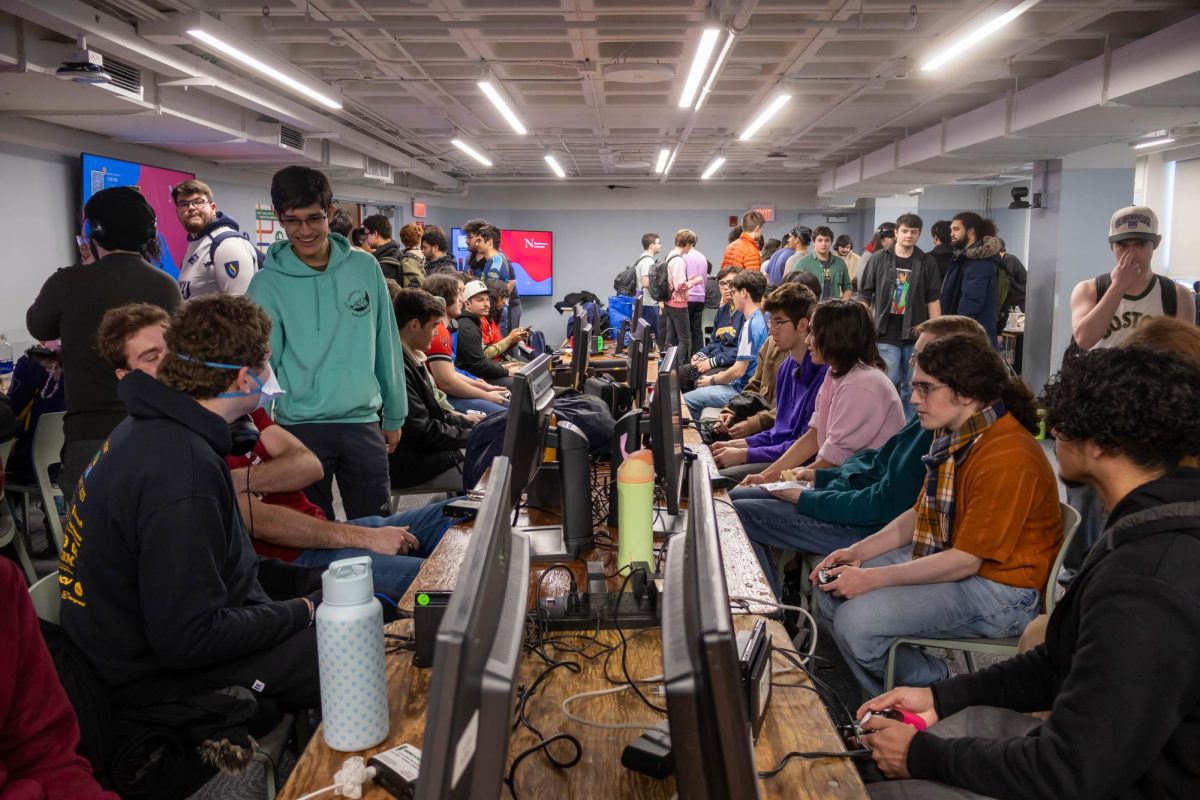After reading the concerns of the Foundation for Individual Rights in Education (FIRE), a non-profit organization that advocates for civil liberties, voiced about how the university is violating our privacy and freedom of speech I couldn’t help but wonder how hypocritical the issue seemed. On one hand, I understood why the university has to monitor e-mail servers and university computers to maintain a certain level of safety and order on campus and to protect us from harassment, identity theft and such. On the other, I was mesmerized to see that the same process is not used in all aspects of communication at this institution.
How can the university and its officials claim that monitoring is needed for safety and balance when only certain things are actually suppressed? The article (“Keeping a watchful eye,” June 6) offered an example of what the university found offensive and therefore in need of censorship. The case at hand was that of the Times New Roman. The publication had to close its website because of a discussion of SARS and AIDS in articles published in September 2005 and its use of inappropriate language. The group was able to restore their website after posting a disclaimer for the “offensive material” but the underlying message of ‘show something-we-don’t-like and we will punish you for it’ was still present.
Fast forward to this spring semester and recall the articles published in The Patriot about Ujima Scholars, among other reports. The articles have been discussed again and again by students but there has yet to be a university action or clear response about how they were deemed offensive and inaccurate. Not only that, the publication has published language that diminishes the gay and minority communities while using funds from student activities fees to print their views. Therefore, if students who pay money to attend this school, and ultimately pay administrator’s salaries, are uncomfortable with specific comments and views expressed by a type of media, just because it is not digital it does not deserve the same type of censorship and supervision?
If the university is concerned with how their resources are being used, such as student run websites, it should also be concerned with how student funds are employed, like student media funding. I know there are more dangers online, identity theft being one of them. But if a message is going to be seen as distasteful, and the issue of security and regulation are the true interests at hand, then the monitoring should be done across the board.
If freedom of speech is going to be used as an excuse for protecting certain messages that do hurt members of the community, then it should also be used to protect basic privacy rights and the freedom to publish satirical comments.
– Bessie King is a senior journalism major and member of the News.









